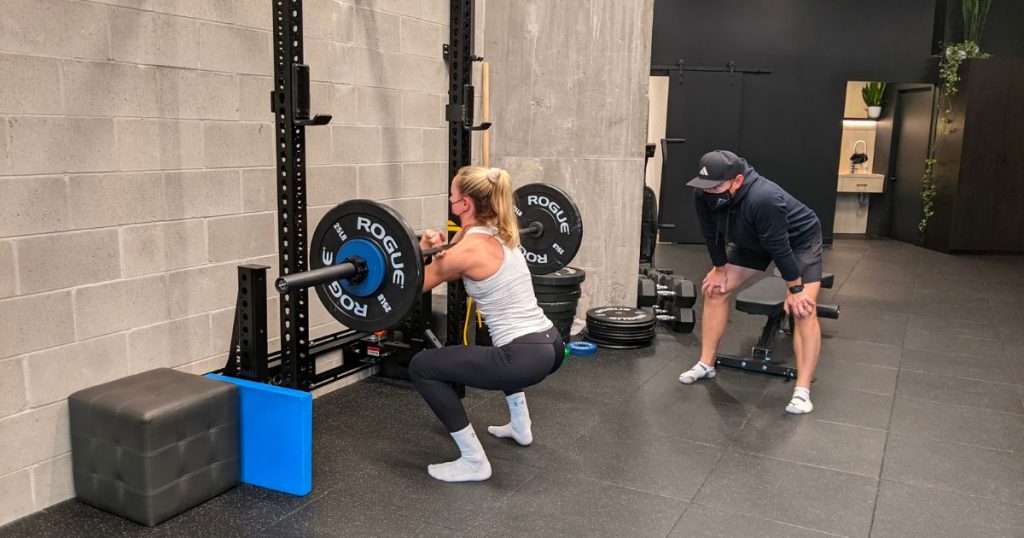What kind of relationship do you have with exercise? Exercise has countless health benefits not to mention, it can be a lot of fun to do. However, sometimes it can difficult to stick with an exercise plan or program. By forming a healthy relationship with exercise so that we feel motivated to stay active and chase our performance goals. Read on to learn how you can do just that!
1. View exercise as a celebration of what your body allows you to do!
Try to reframe thoughts that associate using exercise as punishment – you get to exercise because you want to thank and respect your body, NOT because you ate too much yesterday or earlier in the day, and NOT so that you can eat more later.
For example:
Instead of telling yourself… “I have to go for a run tonight because I went for food with friends yesterday”
Try telling yourself… “I’m going to go for a walk this evening to show my body that I respect it and because I know that movement makes me feel good”
2. Discipline vs. Restriction
Having discipline can be a great thing, but sometimes we can fall into an unhealthy dynamic that ultimately restricts us from fully enjoying other important aspects of life. Remember that maintaining an exercise routine should not hinder your life so much that it takes away from enjoying all aspects of life. Exercise is meant to enhance your life and allow you to enjoy all that life has to offer, which includes spending time with loved ones and engaging in all the activities you enjoy.
For example, if you are missing out on big life events or feel anxious about taking time away from your exercise routine to go on a trip or spend time with friends and family, this may be a sign to reconsider your relationship with exercise.
3. Reframe your goals to emphasize performance gains rather than aesthetic goals
Reframing our goals to emphasize improvements in performance elements can help foster a healthier relationship with our bodies by not focusing on how we appear, but on what our bodies can do for us from a functional perspective. That doesn’t mean that weight loss or gain is a bad goal to have depending on your health status, BUT it should not be the biggest or only goal.
For example:
Instead of setting a goal to lose/gain X amount of weight or go up/down to a size X by this date…. Try setting a goal to lift X amount of weight for my front squat/deadlift, or to be able to hike a mountain in X amount of time”

4. Consider all the benefits that exercise brings!
There are multiple benefits to exercise besides losing or gaining weight. Some of these include – mood enhancement, improved bone density, increased cardiovascular health, and decreased risk of many lifestyle or chronic diseases.
5. Get serious about your recovery
- Your body needs rest and recovery. PERIOD. If you don’t take days off and listen to your body, it will find a way to make you listen, sometimes through burnout or physical injury.
- Engaging in planned and prescribed physical exercise 7 days per week is not sustainable for most people, and in most cases, we are not fueling ourselves properly from a nutritional standpoint to sustain that amount of activity. (this is a blog post for another day!)
Journal Prompts
Another practical way to reflect and reframe your relationship with exercise is through journaling. Read through our prompts below and write down your thoughts!
a) What is my relationship with exercise? Do I use it as punishment? Is it restricting me from other areas in my life that I would like to enjoy?
b) What are my goals surrounding my exercise routine? Are they performance-based? Aesthetic based?
c) What would my ideal relationship with exercise look like?
d) What/who has influenced the way I perceive exercise? (teachers, the media, parents, coaches etc.)
e) What physical activities do I actually enjoy doing?
